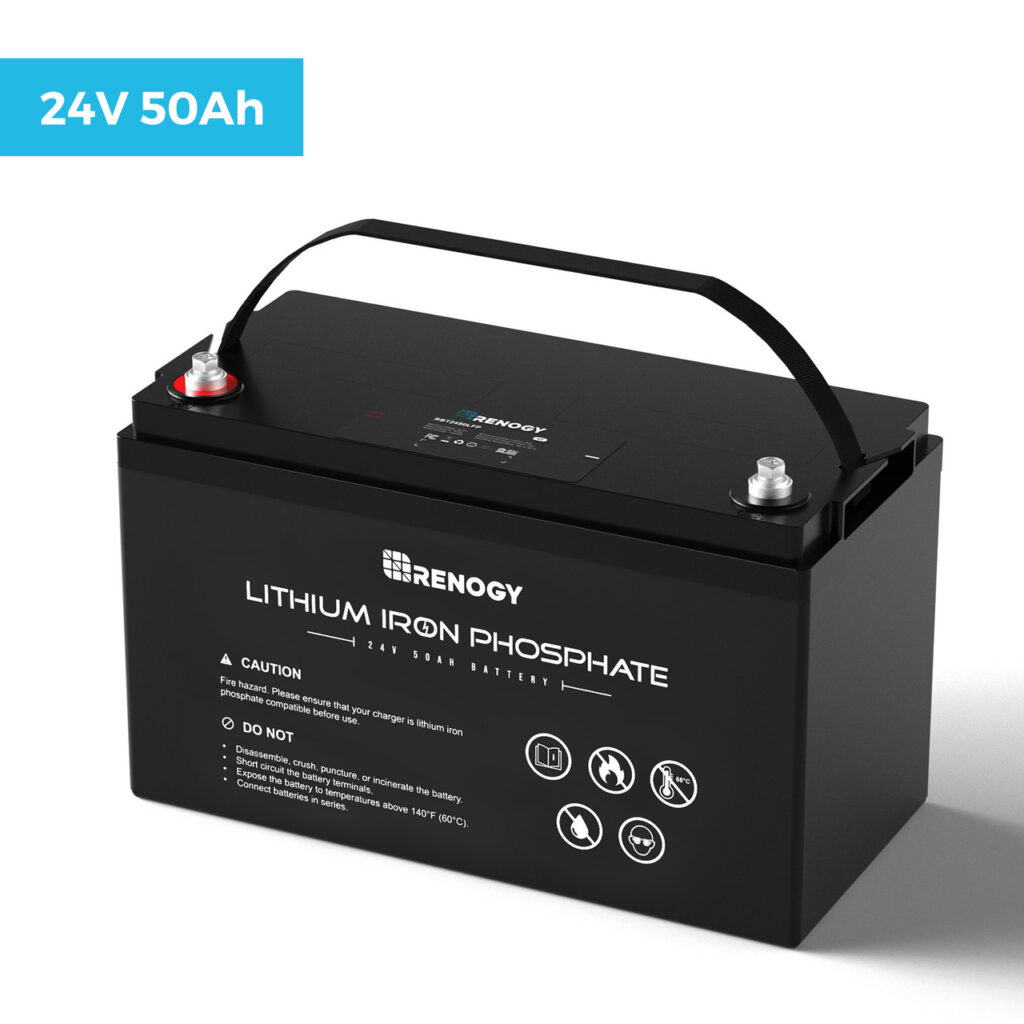
The battery is the heart of a solar system and will provide power to your home in case of an outage or power outage. By using solar panel batteries, you reduce reliance on local electricity providers, cutting down on energy bills and the impact on the environment.
The lifespan of a solar battery varies from 5-15 years with warranties. As with most products, however, the longevity depends on what type of battery you install, how often you use it and where you store it.
Solar panel batteries are typically installed as part of a solar PV array and their lifespan depends on the size and efficiency of your system. They may be housed separately in another room or outside, and maintenance should be conducted regularly to guarantee they work optimally and remain efficient.
A quality battery should have a power rating and capacity that enable you to draw an adequate amount of electricity from solar panels each day. The higher the rating, the more devices can be run off the battery simultaneously.
Lithium Iron Phosphate batteries have become the go-to choice for solar battery applications due to their superior durability and longer lifespan than lead-acid alternatives. Furthermore, Lithium Iron Phosphate batteries offer greater cost efficiency over time due to their higher ‘depth of discharge’ (DoD) than lead-acid counterparts.
Batteries degrade as they are charged and used, so it is essential to avoid overcharging them or leaving them in an extreme heat or cold environment. Doing this will help extend your battery’s lifespan as much as possible and save you from needing a premature replacement.
What are the ideal types of solar batteries for a home?
In general, Lithium Iron Phosphate solar batteries offer more reliable performance than lead-acid alternatives. Lithium-ion has an efficient design defect (DoD) rating of 80% while lead acid only has 50%.
To maximize your solar battery’s lifespan, be sure to keep it charged and in a cool, dry location. Furthermore, only use the battery when you have enough power left over; follow DoD recommendations for best results.
What are the most common uses for a battery?
A battery can be an invaluable source of backup energy during an outage, providing critical systems in your home like fans and space heaters. It may even supply medical equipment like nebulizers with sustained power.
How much electricity does it take to heat and cool your home?
On average, it takes around as much electricity as your solar panel’s output to run most essential household systems. That is why selecting a battery with appropriate power and capacity ratings is so essential when making this purchase.
You should be able to accurately calculate how many batteries you need for a blackout by budgeting for essential systems first, then estimating how much power is needed for heating and cooling. Working backwards from there will give you an estimate of how many batteries are necessary.